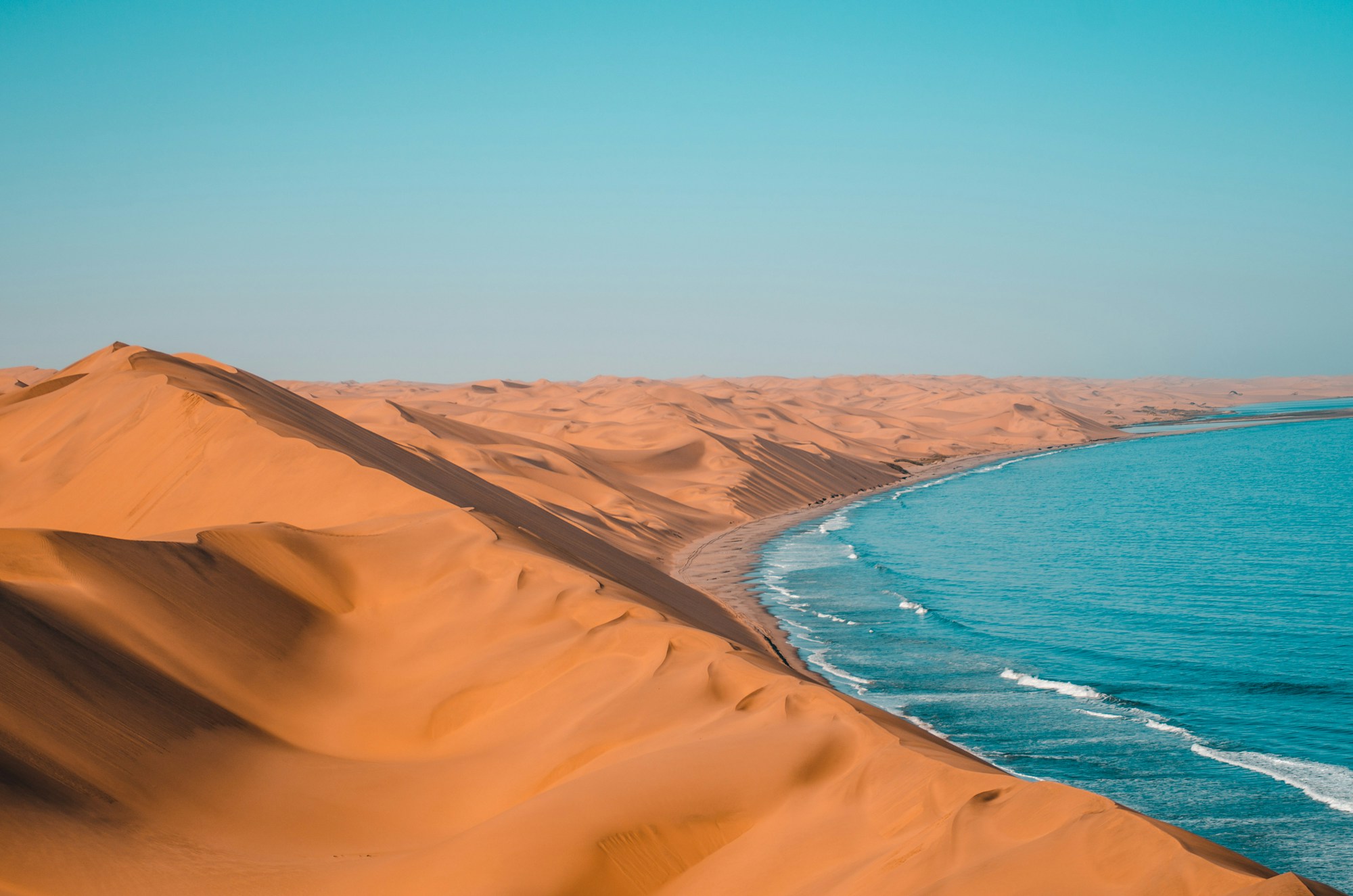Namibian Culture & Traditions: History, Customs, Festivals

Namibian Culture & Traditions: History, Customs, Festivals
Namibia, located on the southwestern coast of Africa, is a country rich in cultural diversity and traditions. Its history is deeply intertwined with indigenous tribes and European colonization. Exploring Namibian culture and traditions is a fascinating journey through time and a chance to appreciate the uniqueness of this beautiful country.
History
Namibia's history is shaped by indigenous tribes, most notably the San (Bushmen), the Ovambo, the Himba, and the Herero. European colonization began in the late 19th century when Namibia was known as German South-West Africa. After World War I, the League of Nations granted South Africa a mandate to administer Namibia, leading to decades of struggle for independence. Namibia finally gained independence in 1990 and has since developed into a democratic nation.
Customs and Traditions
Namibian customs and traditions are diverse due to the many ethnic groups living in the country. The Himba people, for example, are known for their distinctive red ochre hairstyles and elaborate traditional clothing. The Herero people, on the other hand, wear colorful dresses and large, horn-shaped headdresses. These customs and traditional attire are a source of pride and identity for Namibian communities. Hospitality is deeply ingrained in Namibian culture. The locals are known for their warmth and welcoming nature. It is common for visitors to be offered traditional food, such as biltong (dried meat), potjiekos (a stew cooked in a cast-iron pot), and Kapana (street food skewers). Sharing a meal with locals is a great way to experience Namibian culture firsthand. Another significant aspect of Namibian culture is the importance of ancestral beliefs and spiritual practices. Many Namibians believe in ancestral spirits and practice rituals to honor their ancestors. Traditional healers, known as shamans, play a vital role in the community by performing ceremonies and providing guidance based on ancient wisdom.
Festivals
Namibia is known for its vibrant and colorful festivals that celebrate different aspects of the country's culture. Here are some popular ones: 1. Windhoek Carnival: Held in Windhoek, the capital city, this carnival is a lively parade featuring traditional music, dance, and costumes. It brings together people from different ethnic backgrounds, showcasing the diversity of Namibian culture. 2. Herero Day: This annual event pays homage to the Herero people and their history. It includes traditional music, dance performances, and a procession of women adorned in their iconic Victorian-inspired dresses and headdresses. 3. Ongwediva Annual Trade Fair: It is the largest trade fair in Namibia and draws a significant number of exhibitors and visitors from various countries. In addition to showcasing Namibian products, it also features live performances, cultural displays, and traditional food stalls. 4. Swakopmund Festival: This coastal town hosts an annual festival that showcases Namibian music, art, cuisine, and sports. Visitors can enjoy local delicacies, participate in beach activities, and immerse themselves in the vibrant atmosphere.
Explore Namibian Culture
To truly experience Namibian culture, consider visiting indigenous communities, such as the Himba or the San people, where you can learn about their traditional way of life and participate in their daily activities. Engaging with locals, attending cultural events, and visiting museums like the Namibian National Museum in Windhoek can also provide valuable insights into the country's rich heritage. Namibia offers a unique blend of ancient traditions and modern influences, making it an extraordinary destination for cultural enthusiasts. Immerse yourself in the customs, traditions, and festivals of Namibia for an unforgettable journey through its vibrant and diverse culture.
